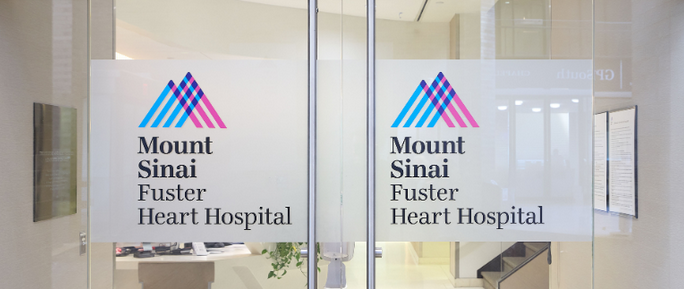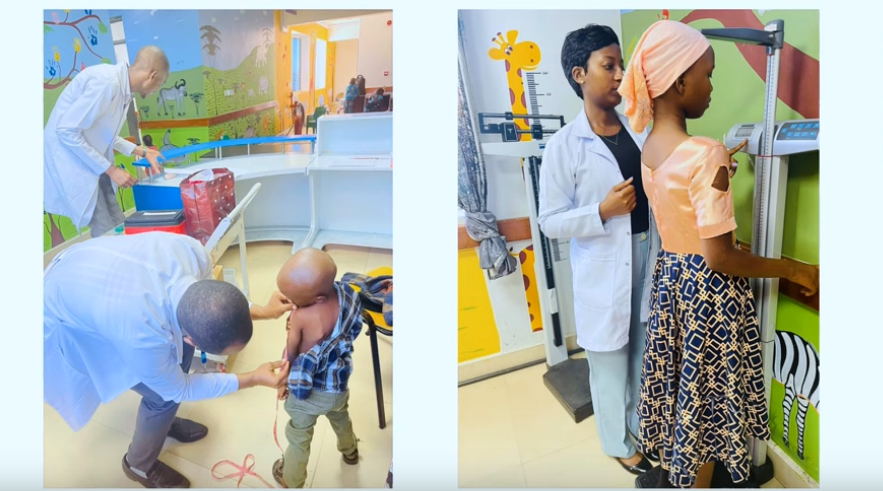Pfizer Inc has announced the pharmaceutical industry’s most comprehensive initiative to expand access to prescription medicines across the United States with a specific focus on enabling America ’s 43 million uninsured to obtain Pfizer medicines at significant savings.
With enrollment beginning in August, the company will provide millions of working families without drug coverage access to Pfizer medicines at an average savings of 37 percent. The medicines treat many common medical conditions, including hypertension, cardiovascular disease, depression and diabetes.
America’s uninsured suffer because they can’t afford to see doctors as well as get preventive care, needed medical tests and prescription medicines. The uninsured also lack the purchasing power of large-volume buyers like health maintenance organizations and large employers. Many of their treatable medical conditions go undetected for years until expensive medical interventions, often in America ’s already overloaded emergency rooms, are required.
In response, Pfizer will offer uninsured families earning less than $45,000 a year the ability to buy medicines at prices similar to those paid by large purchasers. Families without drug coverage making more than $45,000 will be eligible for average savings of 15 percent off retail prices if they do not have drug coverage.
“We are providing choice, simplicity and expanded access to help Americans get the medicines they need,� said Pfizer Chairman and Chief Executive Hank McKinnell, in a Manhattan news conference. “Because we all know that millions of Americans can’t afford health insurance, we are making an unprecedented commitment to help these hard-working people gain access to prescription medicines. We understand the need for action to help people who can’t afford medicines or insurance, and that is why we are pleased that this initiative is receiving such widespread support from political leaders, our health care partners and the business community,� he said.
Responding to a reporter’s question, the Pfizer chief also noted that the company will embark on a major marketing and promotion campaign to ensure that people in low-income communities learn about the program.
“The patients we serve are comprised of predominantly African Americans, who are disproportionately uninsured and cannot afford the medicines their illness requires,� said Winston Price, MD, President-elect of the National Medical Association. “Pfizer’s program allows patients who don’t have health insurance to have access to the medicines they desperately need.� Dr. Price said having access to physicians without being able to afford medicines was akin to sending someone upstream in a canoe without a paddle.
“I applaud the steps Pfizer is taking today, which will provide America ’s uninsured with access to medicine at significant savings. Pfizer is helping those in dire need get the medicine they often require,� said U.S. Senator Hillary Rodham Clinton (D-NY) in videotaped remarks. Other elected officials backing the praising the program include Governor George Pataki of New York.
In addition to the unemployed, the uninsured include two-income families, single parents, the self-employed, new college graduates and low-wage workers. Eighty percent are working families, over 50 percent are ethnic minorities, and half of all uninsured children do not see a doctor.
In addition, almost half of the uninsured population postpones seeking care because of cost. They forego preventive care, such as mammograms and screening for prostate and cervical cancers, and are more likely to be diagnosed with late-stage cancers where treatment can be more expensive and outcomes less favorable. Nearly 40 percent report not being able to afford the medicines prescribed for them, and about 20 percent rely on hospital emergency rooms for their main source of medical care.
Caring for the uninsured imposes an enormous financial burden on America ’s health care system. Uninsured Americans received approximately $35 billion in uncompensated care in 2001, and the number of uninsured has risen by two million since 2001.
“As a nation, it is imperative that we address the human and financial cost of disease among America ’s uninsured,� said Karen Katen, president of Pfizer Global Pharmaceuticals. “By helping all Americans, regardless of age or income, get access to safe and affordable Pfizer medicines, we can make a meaningful difference in their health and at the same time address the skyrocketing costs of acute care. Early and effective treatment, including the use of medicines, is always better than an emergency room visit for both the patient and the health care system.
“We also recognize that many low-income Americans need access to our medicines at no cost. That’s why today we are expanding our assistance programs, including Connection to Care, Sharing the Care and the Hospital Partnership Program, so that they can get more help. Last year, Pfizer provided 6.6 million prescriptions to more than 1.5 million people in America free or at minimal cost. Now we expect that number to increase substantially.�
Key elements of the new Pfizer initiative, “Helpful Answers,� include:
• Substantial savings on Pfizer medicines for America’s uninsured, regardless of age or income, through “Pfizer Pfriends.�
• Families making less than $45,000 per year (less than $31,000 for individuals) will receive average savings of 37 percent, and up to 50 percent off the average cash price at retail pharmacies for most Pfizer medicines.
• Families making more than $45,000 per year (more than $31,000 for individuals) will receive average savings of 15 percent, and up to 25 percent off the average cash price at retail pharmacies for most Pfizer medicines.
• Expanded eligibility for existing Pfizer programs that provide free medicines.
• Connection to Care: Families making less than $31,000 per year (less than $19,000 for individuals) can receive free Pfizer medicines from their physicians’ offices.
• Sharing the Care and Hospital Partnership Program: Families making less than $31,000 (less than $19,000 for individuals) can receive free Pfizer medicines from eligible federally qualified community health centers and hospitals.
• Extending Pfizer’s $15 flat fee for qualified Medicare beneficiaries. Low-income Medicare beneficiaries on all Medicare-approved drug discount cards will have access to many Pfizer medicines for a flat fee of $15 per prescription after they have exhausted the $600 credit. (Adjustments to income eligibility may be made at participating community health centers and hospitals based on family size.)
• Creation of a consumer friendly, single entry point navigation component for all uninsured patients.
In August, Pfizer will launch a website and a single toll free number with live operators to help people without insurance, or their caregivers, find the program that best meets their need.
The website and the 1-800 number will inform patients of both public and Pfizer programs.
A working father earning $41,000 a year who now pays $79.58 a month for Pfizer’s cholesterol-lowering medicine Lipitor (10 milligrams) at his local pharmacy will see his monthly cost drop to about $52.71, a savings of almost 34 percent. For Zoloft (100 milligrams), the cost will be $58.62 a month, a savings of 38 percent for those below 300 percent of the federal poverty level.
Kelly added that in August, Pfizer will launch its outreach to uninsured Americans, called “Pfizer Pfriends,� through a live call center and website that will help guide the uninsured to the best Pfizer or government program for them. “We are committed to an information and enrollment process that is streamlined and efficient, so that we simplify the often daunting process of asking for help,� he said.
Pfizer’s “Helpful Answers� is already supported by over 45 leading medical, civic and patient groups such as the National Medical Association, the American Academy of Family Physicians, and the League of United Latin American citizens.
Dr. McKinnell concluded, “We hope that our partners in healthcare, from doctors to hospitals and other pharmaceutical companies, also will find new ways to help those Americans left without health insurance.�





